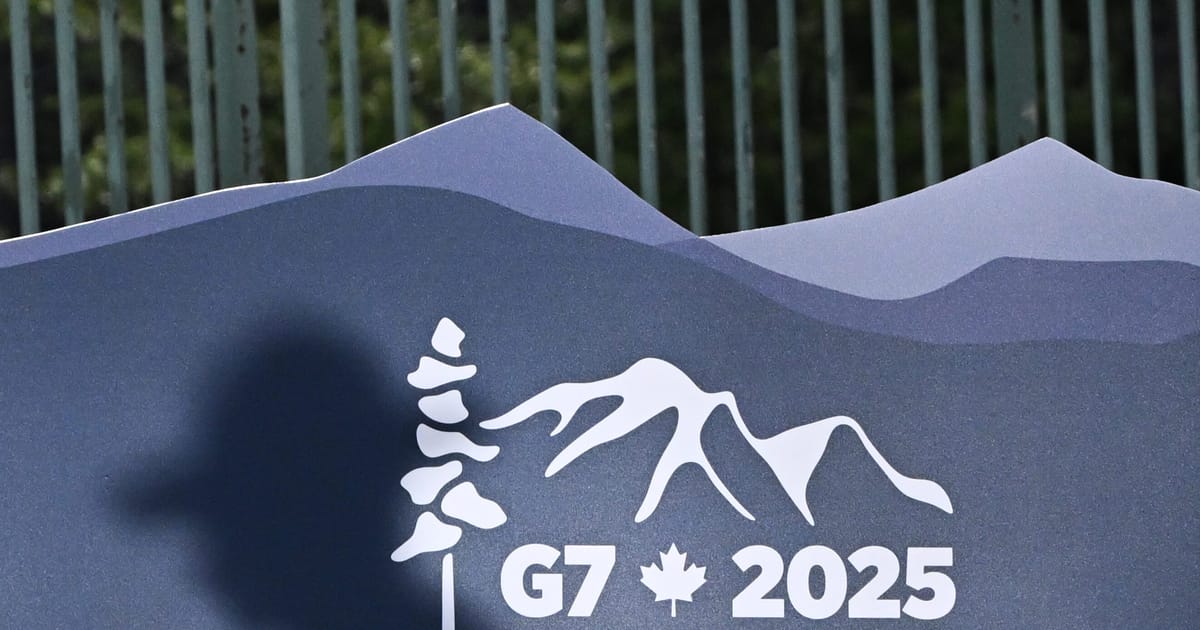

In a landscape marked by intricate global economic dynamics, recent developments involving major world economies highlight steps towards furthering trade cooperation and business stability. These advancements underscore not only the strategic maneuvers of key nations but also the potential for lasting impact on international commerce and industry operations.
The G7’s latest decision offers an example of strategic diplomacy, where an “honorable compromise” has been reached concerning the global minimum tax deal. This important adjustment primarily benefits the United States, subsequently prompting the Trump administration to withdraw a proposed “revenge tax” that was initially part of a larger spending bill. Such a move signifies a commitment to fostering a cooperative international economic environment. The decision serves to underscore the flexible and adaptive nature of global agreements, catering to diverse national interests while maintaining an overarching goal of economic stability.
In another crucial development, the US has successfully brokered an agreement with China to expedite rare-earth shipments, which are vital for numerous advanced technologies. The announcement from the White House has sent positive ripples through the US stock markets, reflecting investor confidence bolstered by the prospect of smoother trade relations with China. This agreement is part of broader efforts to resolve ongoing trade tensions between these leading global economies. The understanding between the US and China highlights the necessity of collaboration in critical sectors, emphasizing the role of diplomacy in navigating complex international trade landscapes.
President Donald Trump has indicated the potential for a separate agreement that could serve to open new economic avenues with India. Although specifics remain forthcoming, the potential for expanded trade ties between these significant markets marks an encouraging prospect for the global economy. The anticipation of such developments reflects a dynamic and interconnected global market where strategic partnerships can drive growth and mutual benefits.
Turning to the UK, the carmaker Lotus’s operations have become a focal point of discussion amid reports suggesting a potential closure of its UK operations, specifically the Hethel plant in Norfolk. In response, the business secretary Jonathan Reynolds is set to engage in discussions with Lotus chiefs to address uncertainties and secure the company’s future presence in the UK. Geely, Lotus’s Chinese owner, had been considering halting production at the plant, which raised concerns about the potential loss of jobs. However, Lotus has since assured stakeholders that it has no current plans to shutter the factory. This unfolding situation underscores the importance of dialogue and negotiation in ensuring the continuity and resilience of domestic industries amid global ownership and investment.
Each of these scenarios, while distinct in challenges and implications, reflects a broad and calming narrative of increasing cooperation, strategic dialogue, and adaptation to evolving economic landscapes. As countries navigate these developments, the emphasis on understanding and alignment between international and domestic priorities becomes more pronounced, offering hope for sustained economic cooperation that benefits all parties involved.
Source: {link}
